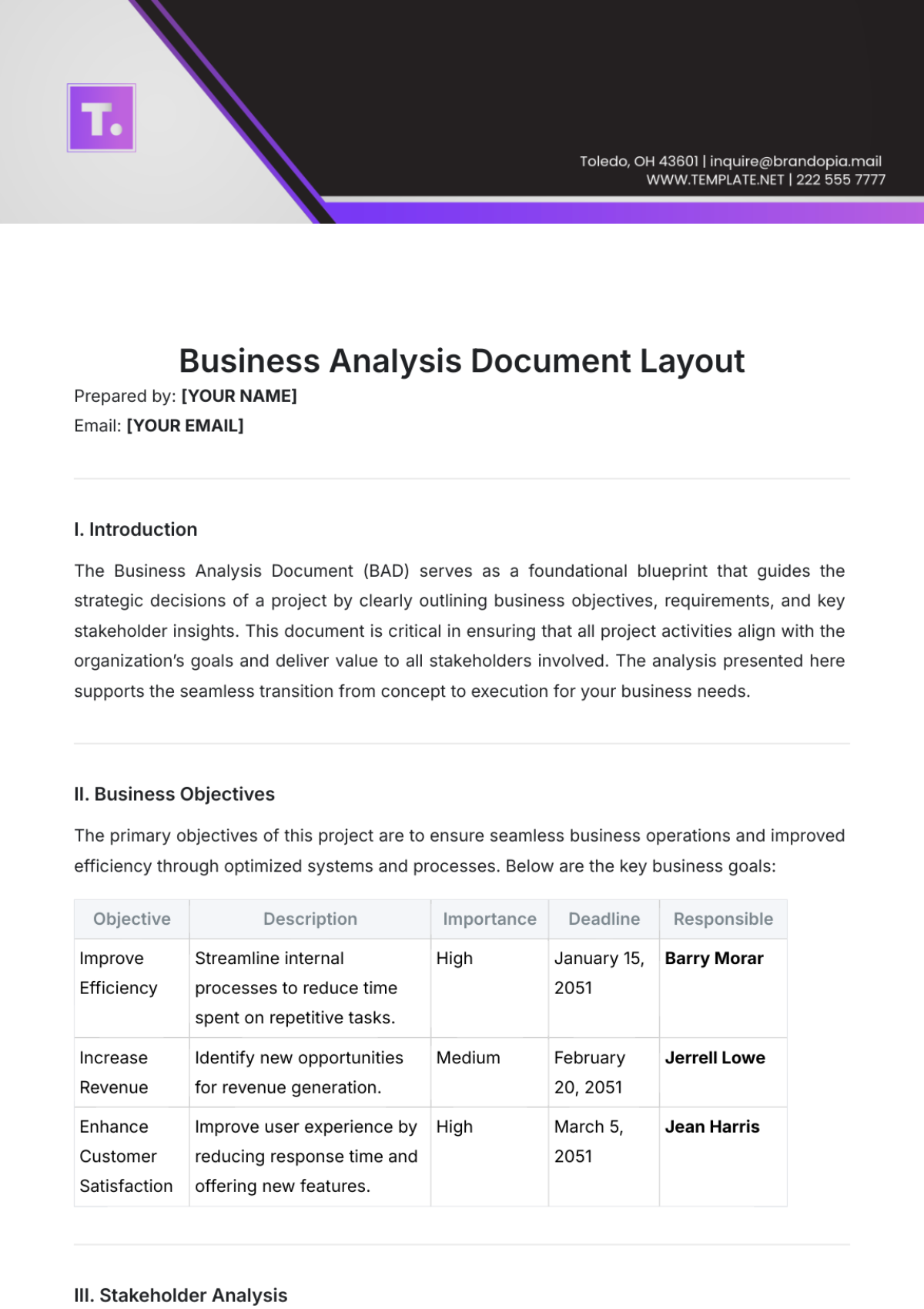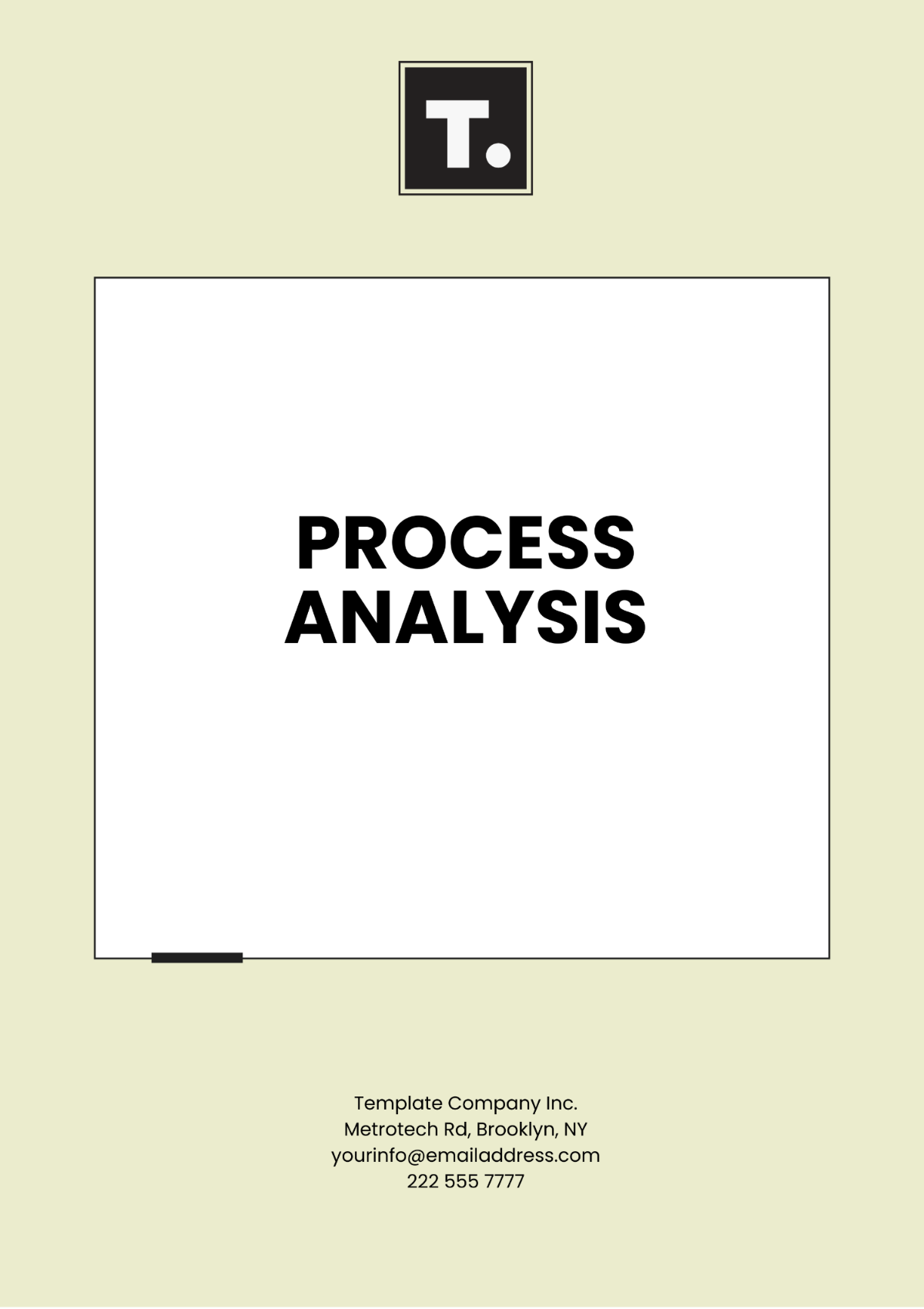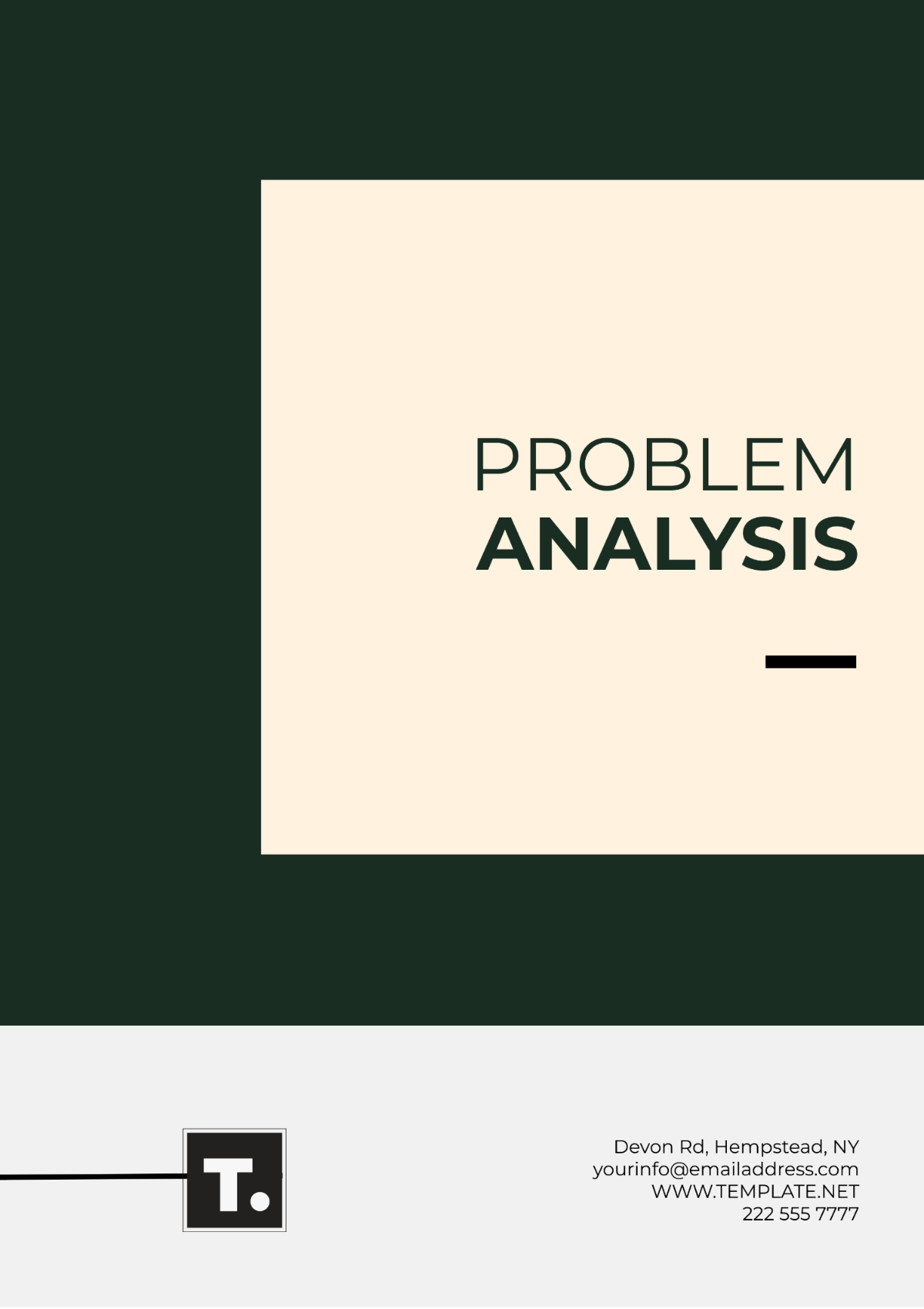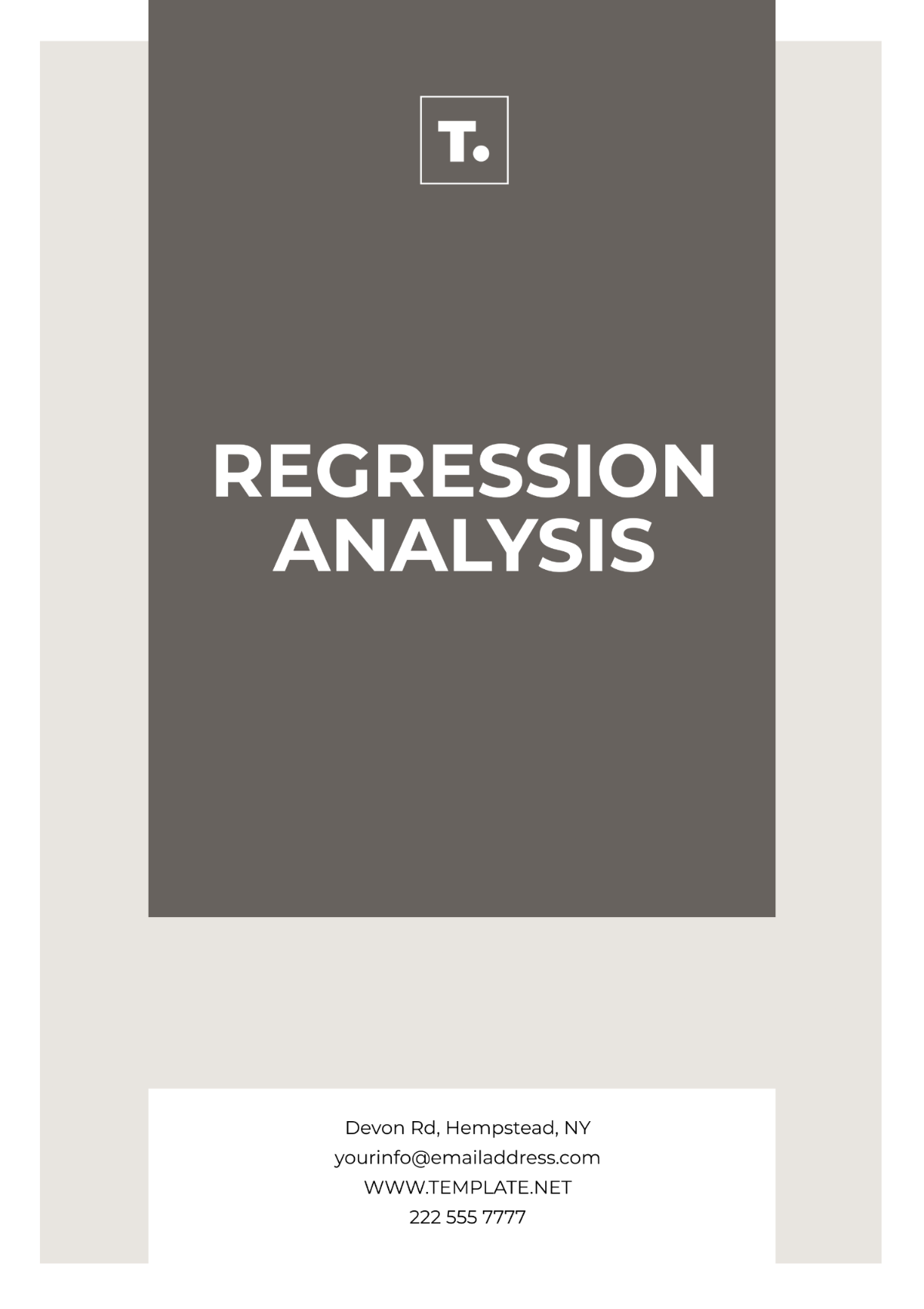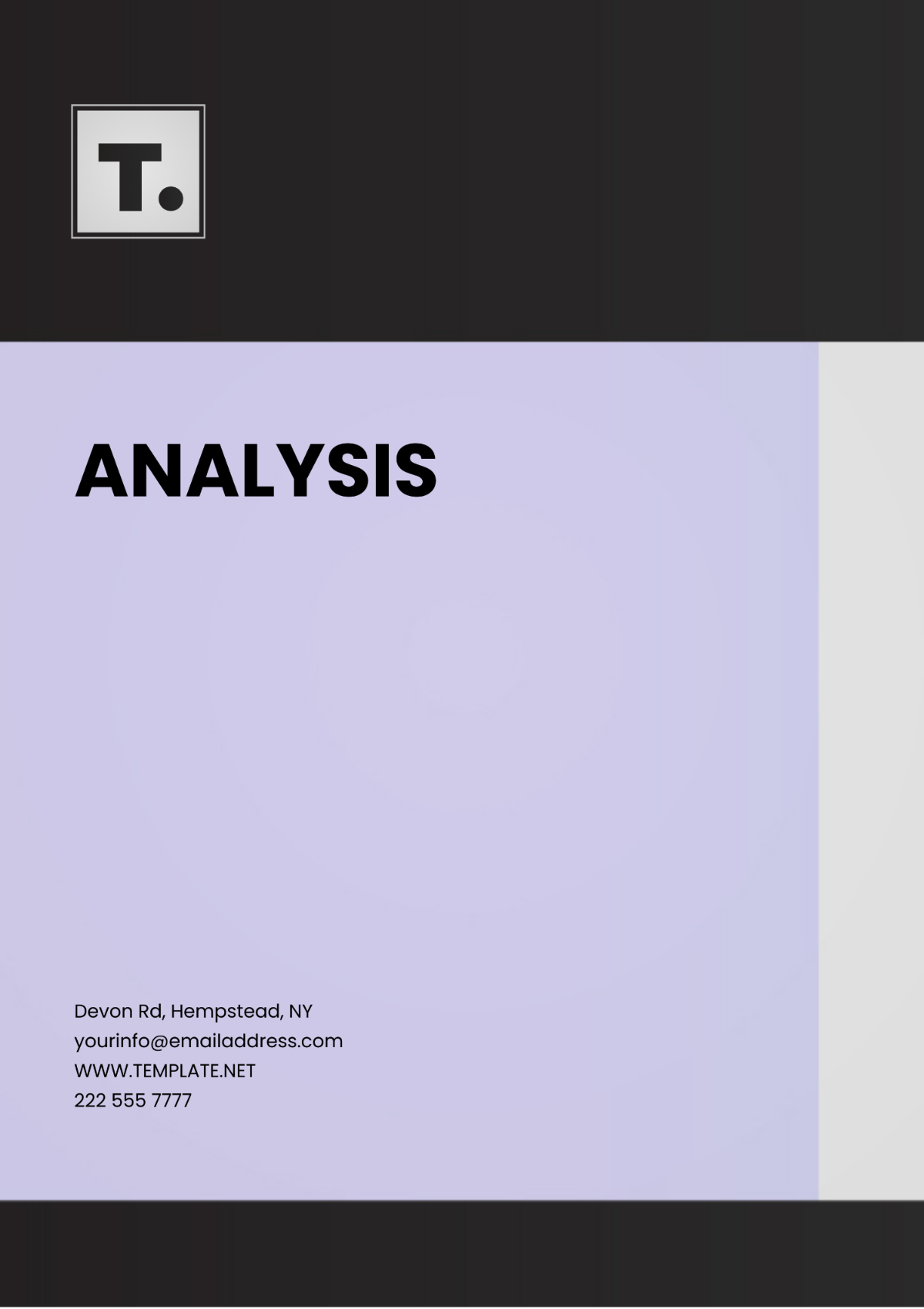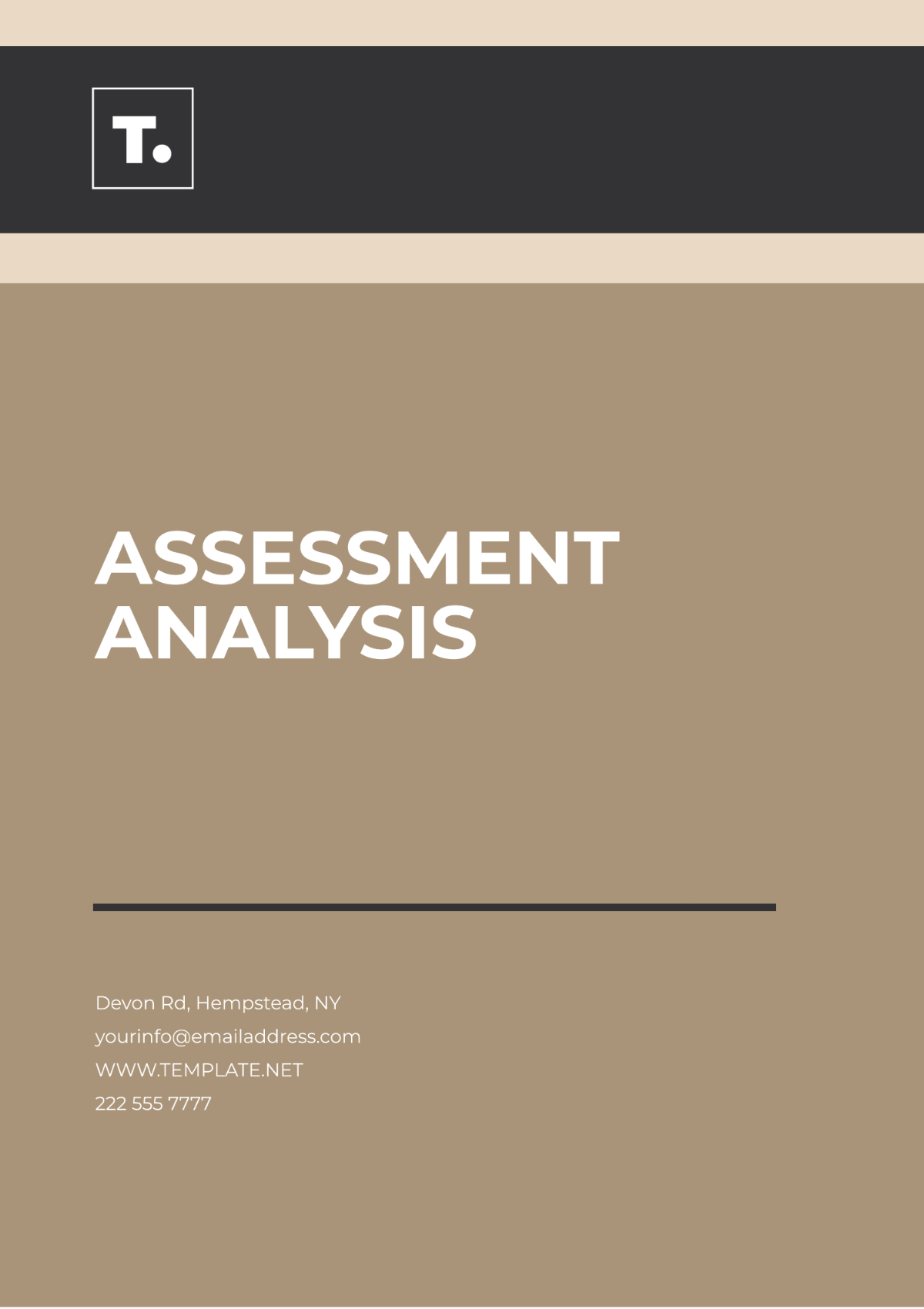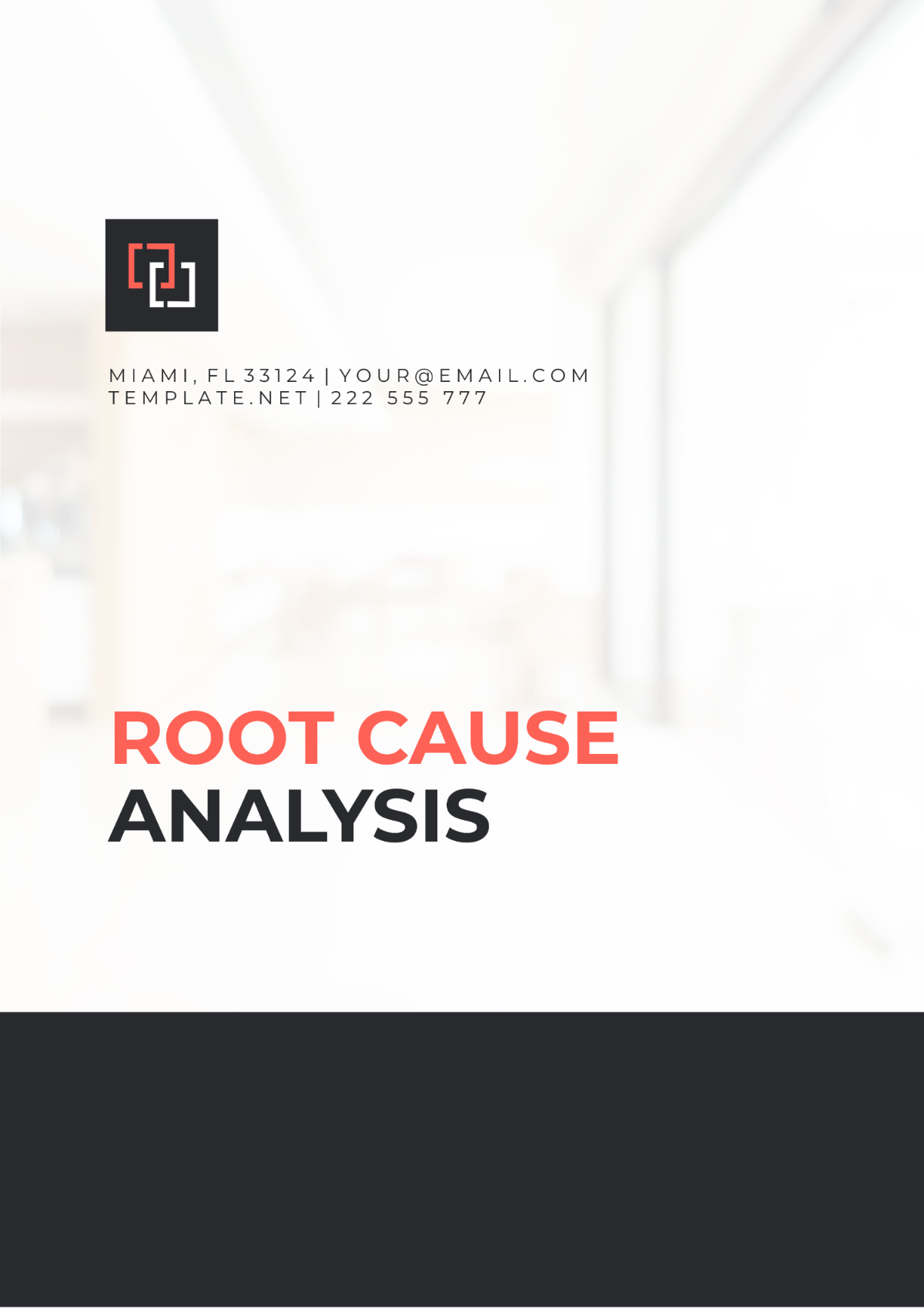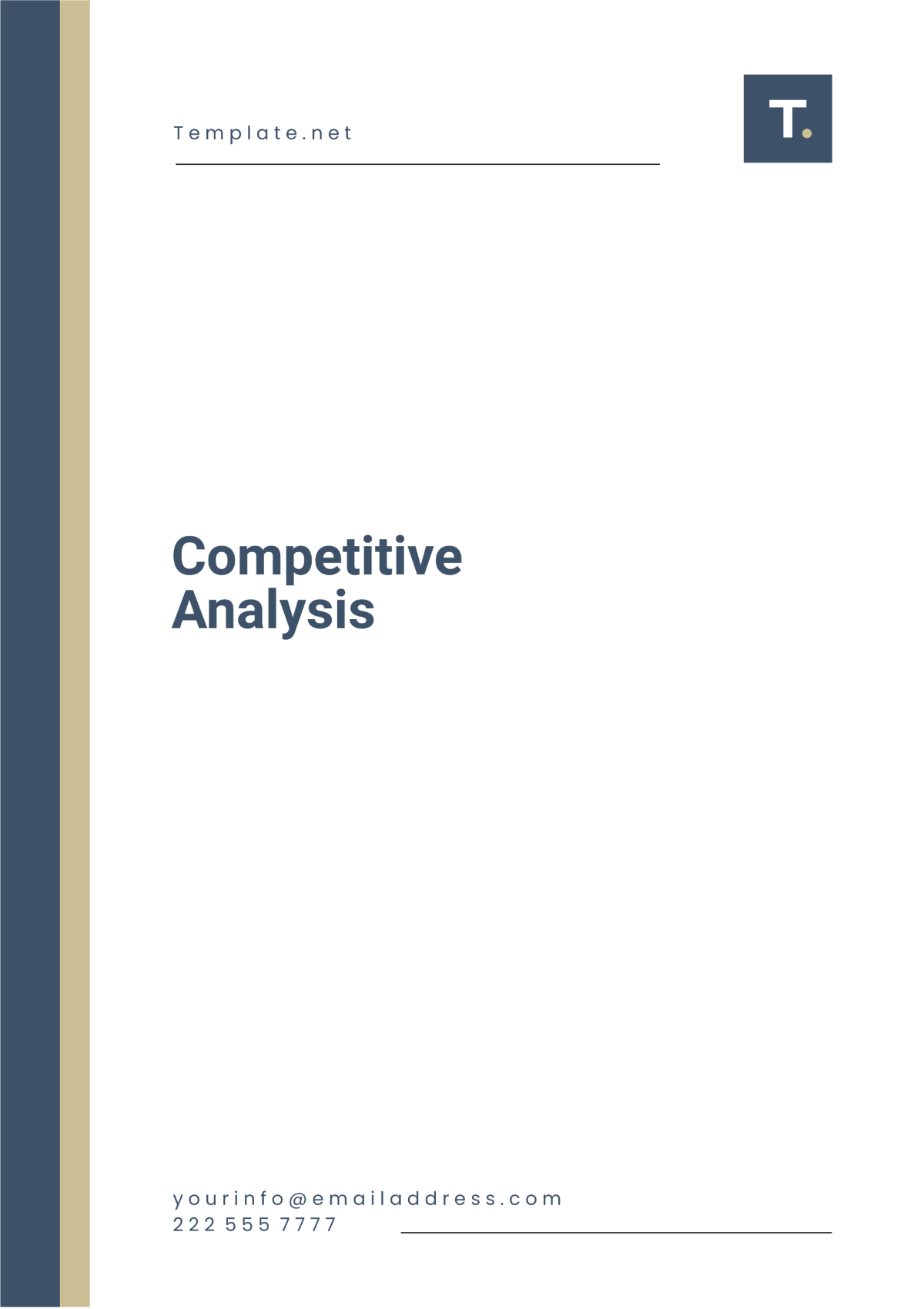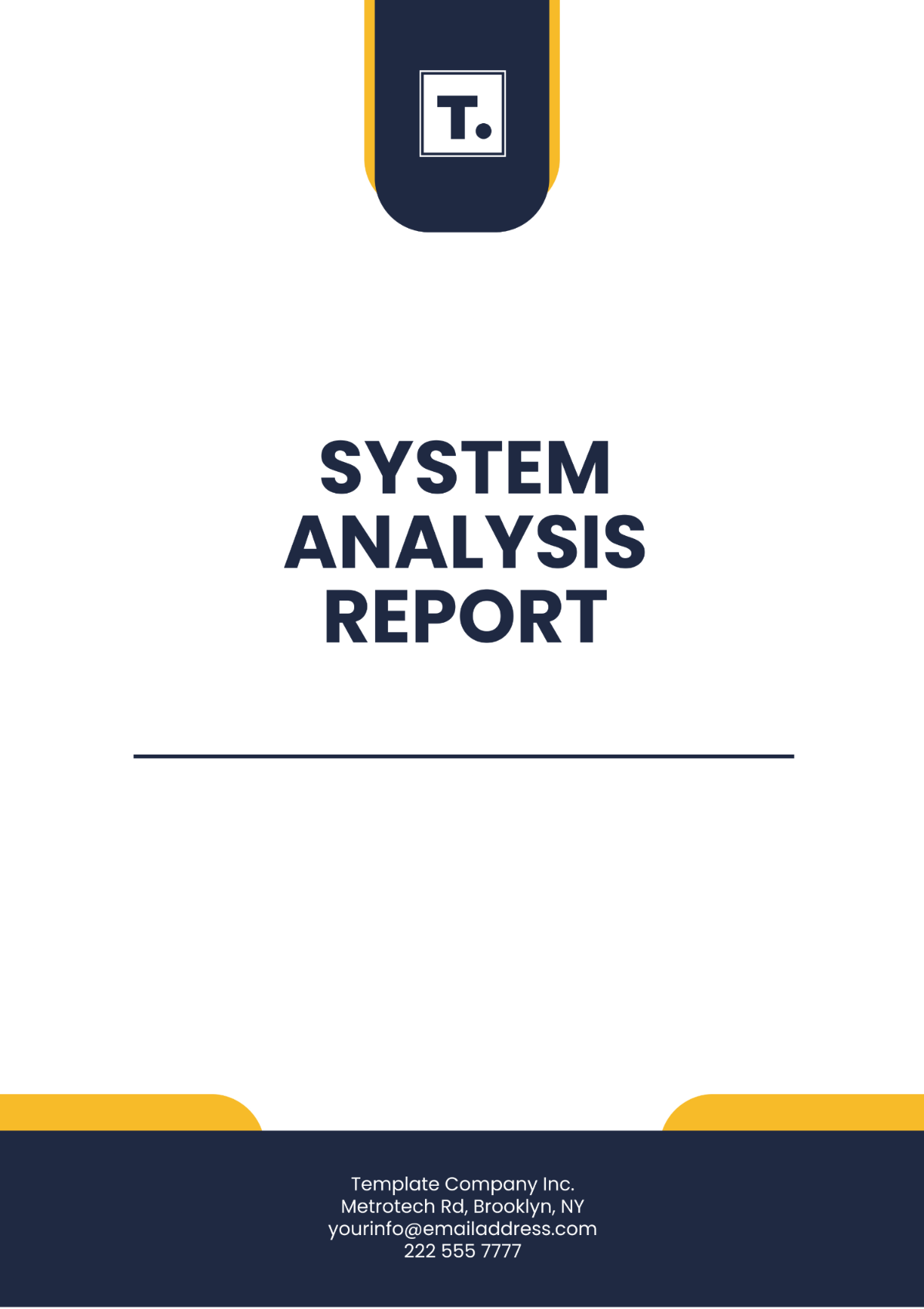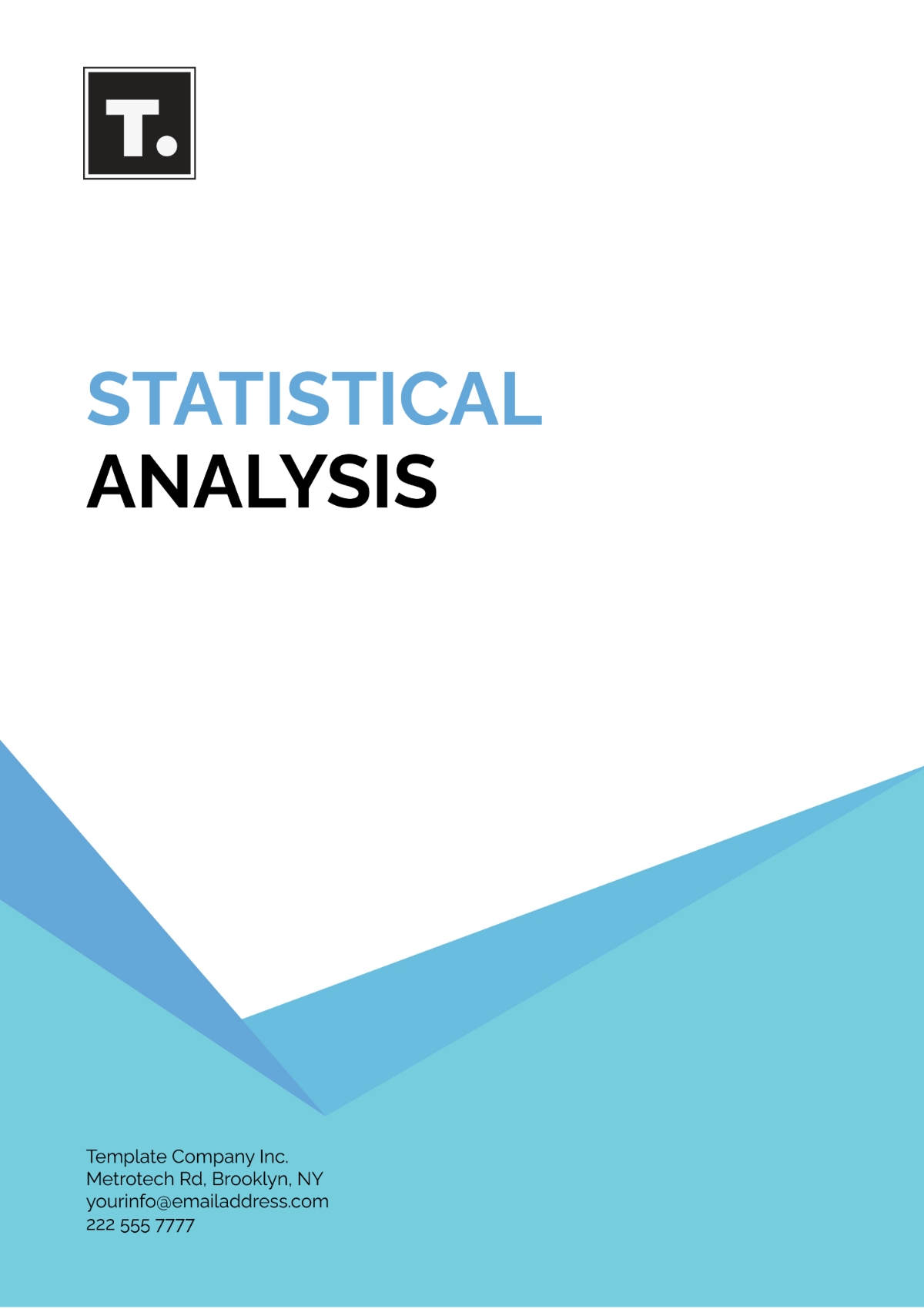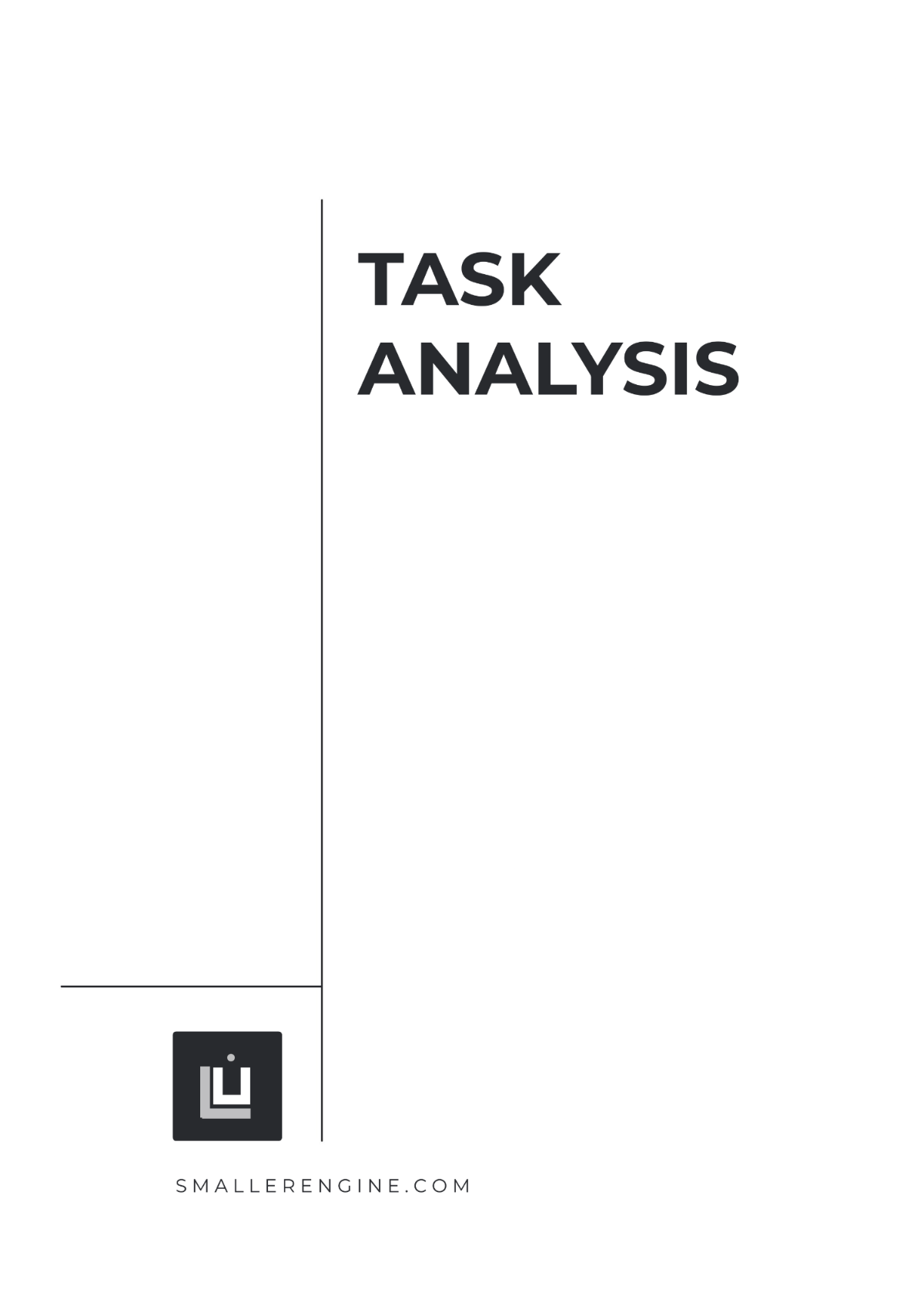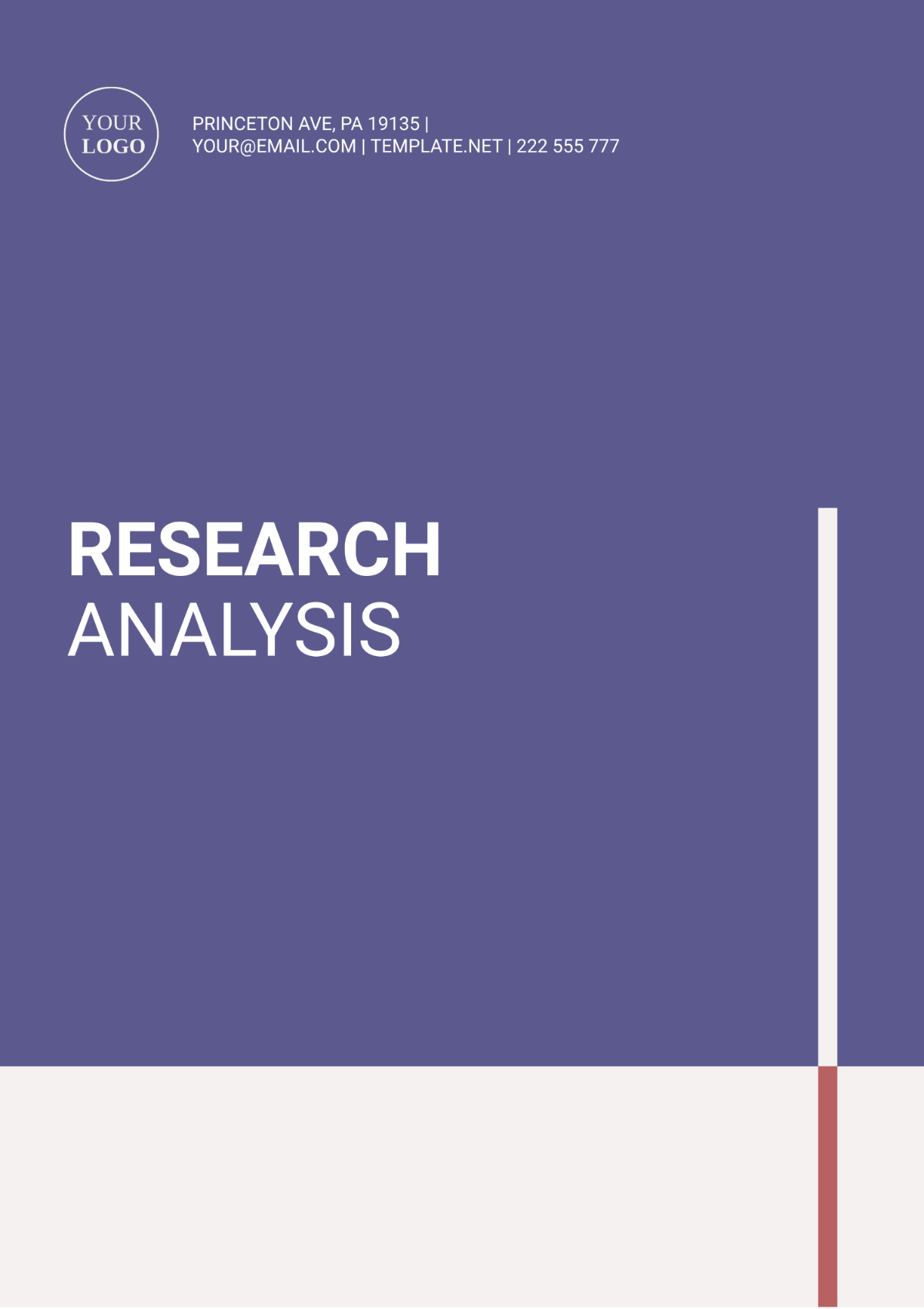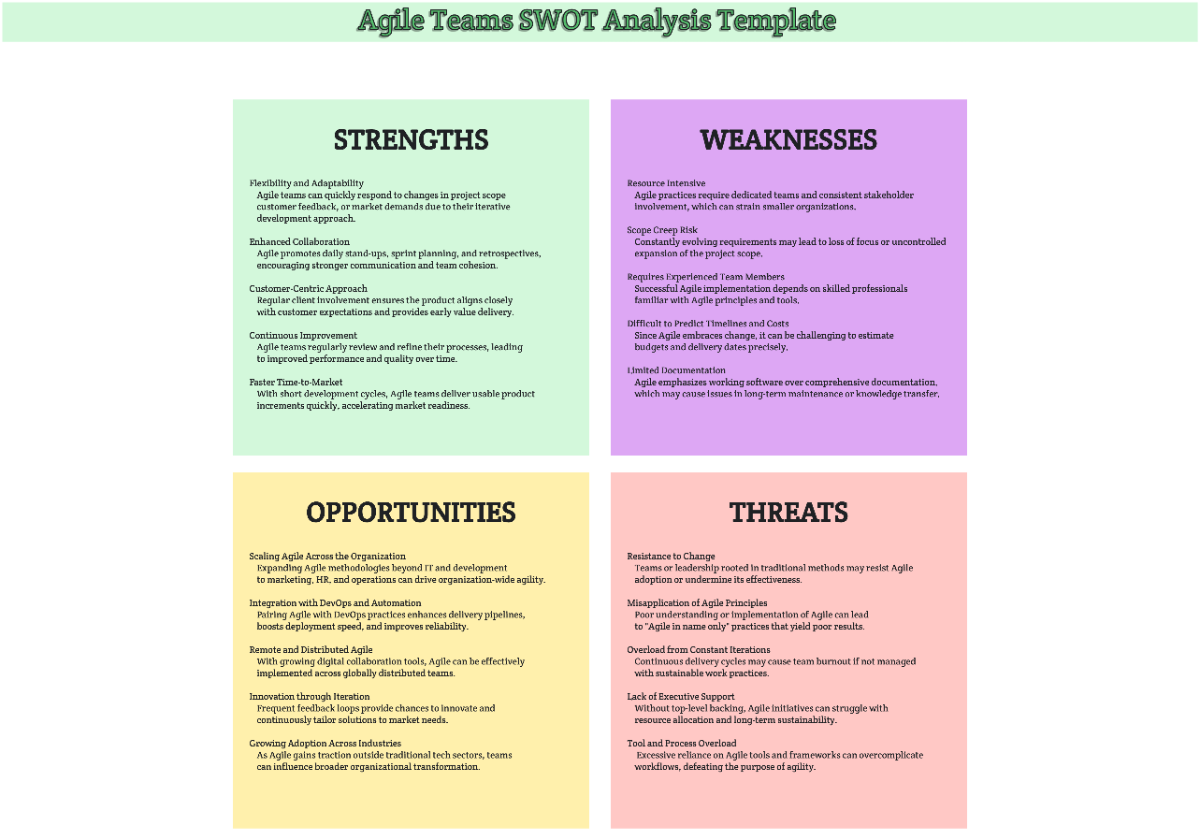Introductory Thematic Analysis
I. Introduction
Thematic analysis is a method used extensively in qualitative research. It involves identifying, analyzing, and interpreting patterns (or themes) within data. This comprehensive analysis provides an insightful understanding of a given dataset, enabling researchers to extract meaningful conclusions and insights.
II. Steps of Thematic Analysis
1. Data Familiarization
This initial step involves immersing oneself in the data to become thoroughly familiar with its content. It includes repeated reading of the dataset and taking preliminary notes.
2. Initial Code Generation
Codes are the smallest units of meaningful content. In this step, researchers systematically code interesting features across the dataset and collect data relevant to each code.
3. Searching for Themes
Once codes are in place, the researcher can begin to sort different codes into potential themes. This involves the broader categorization of similar codes and the identification of possible overarching themes.
4. Reviewing Themes
At this stage, the themes are reviewed in relation to the coded extracts and the entire data set. This step ensures that the themes form a coherent pattern.
5. Defining and Naming Themes
After reviewing, the themes are refined to ensure they are clear and comprehensible. Each theme should be clearly defined, and a detailed analysis should be written about what the theme encapsulates.
6. Producing the Report
The final report is written to tell the story of the data in a way that convinces the reader of the validity and merit of the analysis. This includes vivid example extracts that relate to the themes.
III. Advantages of Thematic Analysis
Flexibility: Applicable to a wide range of research questions and data types.
Accessibility: It is relatively easy to understand and implement.
Richness of Data: Provides detailed and nuanced data interpretations.
IV. Challenges and Limitations
Subjectivity: Can be influenced by the researcher's bias if not carefully managed.
Complexity in Theme Formation: Difficulty in accurately defining and delineating themes.
Time-Consuming: The process can be lengthy and requires extensive engagement with the data.
V. Applications of Thematic Analysis
Thematic analysis is used in various fields, including psychology, sociology, and market research. Its flexibility allows it to be applied in diverse research contexts and for multiple purposes, including:
Understanding behavioral patterns
Analyzing interview transcripts
Exploring complex social phenomena
VI. Examples of Application
Field | Application Example |
|---|---|
Psychology | Analyzing patients' therapy session transcripts to identify common issues or progress over time. |
Sociology | Investigating social media posts to understand public opinion on societal issues. |
Market Research | Evaluating customer feedback to develop themes around product experiences. |
VII. Conclusion
Thematic analysis is an invaluable tool in qualitative research, providing a structured way to dissect extensive datasets into coherent and meaningful themes. Although it comes with its challenges, the detailed and rich insights it offers make it a prevalent and respected method in various academic and professional fields.


